Round Die Supplier
Finding a reliable round die supplier can be challenging. This guide provides a detailed overview of what to look for in a round die supplier, including factors like material quality, precision manufacturing, customization options, and customer support. We also explore different types of round dies and their applications, helping you make an informed decision for your specific needs.
Understanding Round Dies and Their Applications
Round dies are essential tools used in various manufacturing processes, primarily for creating threads on screws, bolts, and other cylindrical components. They are characterized by their circular shape and internal threads that cut or form threads on a workpiece as it is rotated through the die. Different types of round dies cater to different threading needs.
Types of Round Dies
- Solid Dies: These are one-piece dies offering high accuracy and are suitable for general-purpose threading.
- Adjustable Dies: These dies allow for minor adjustments to the thread size, providing flexibility for different materials and applications.
- Split Dies: Split dies are designed with a split along their diameter and can be slightly adjusted for different sizes.
Common Applications of Round Dies
Round dies are widely used in industries like:
- Automotive: For threading bolts, screws, and other fasteners used in vehicle assembly.
- Aerospace: For manufacturing high-precision threaded components for aircraft and spacecraft.
- Manufacturing: For creating threads on a wide range of products, from machine parts to consumer goods.
- DIY and Home Improvement: For threading pipes, rods, and other materials in various projects.
Key Considerations When Choosing a Round Die Supplier
Selecting the right round die supplier is crucial to ensure quality, consistency, and reliable performance. Here are some essential factors to consider:
Material Quality
The material used to manufacture the round die directly impacts its durability and performance. High-speed steel (HSS) and carbide are common choices. HSS offers a good balance of hardness and toughness, while carbide provides superior wear resistance for demanding applications. Always inquire about the material specifications and certifications to ensure they meet your requirements.
Precision Manufacturing
Precise manufacturing is essential for producing accurate and consistent threads. Look for suppliers with advanced machining capabilities, stringent quality control processes, and experience in producing high-precision round dies. Dimensional accuracy, thread form, and surface finish are critical parameters to evaluate.
Customization Options
Sometimes, standard round dies may not meet your specific needs. A good round die supplier should offer customization options, such as:
- Special Thread Forms: Creating dies for non-standard thread forms or custom thread profiles.
- Unique Sizes: Manufacturing dies with specific diameters or thread pitches to meet unique application requirements.
- Coatings: Applying coatings to enhance wear resistance, reduce friction, or improve corrosion resistance.
Quality Control and Certifications
A reputable round die supplier should have a robust quality control system in place, including dimensional inspections, material testing, and performance evaluations. Look for certifications like ISO 9001, which demonstrate a commitment to quality management. Ask for inspection reports and material certificates to verify the quality of the round dies.
Customer Support and Technical Expertise
Choose a round die supplier that provides excellent customer support and technical expertise. They should be able to answer your questions, offer guidance on selecting the right dies for your application, and provide troubleshooting assistance if needed. Look for suppliers with experienced engineers and technical staff who can provide expert support.
Top Round Die Supplier Characteristics
Identifying the ideal supplier involves considering the factors mentioned above, here is a quick recap.
- Provides high-quality products that are made from durable material.
- Offers custom round dies.
- Has great customer support for any inquiries.
Finding a Round Die Supplier: Where to Look
Finding a suitable round die supplier can be achieved through various channels:
- Online Directories: Platforms like Alibaba, ThomasNet, and IndustryNet list numerous suppliers.
- Trade Shows: Industry-specific trade shows provide opportunities to meet suppliers and assess their products.
- Referrals: Recommendations from colleagues or industry peers can lead to trusted suppliers.
- Online Search: Use search engines to find suppliers, but be sure to vet their credentials carefully.
When contacting potential suppliers, always ask for detailed specifications, material certifications, and quality control documentation. Request samples if possible, and evaluate their customer service and technical support. A little due diligence can save you time and money in the long run.
Comparing Round Die Supplier Options
To make a well-informed decision, compare different suppliers based on the following criteria:
| Criteria | Supplier A | Supplier B | Supplier C |
|---|---|---|---|
| Material Quality | HSS | Carbide | HSS |
| Customization Options | Limited | Extensive | Moderate |
| Price | Low | High | Moderate |
| Lead Time | Short | Long | Medium |
| Customer Support | Good | Excellent | Average |
Consider Wayleading Tools, a company with a proven track record of providing high-quality tooling solutions. We offer a range of standard and custom round dies to meet your specific needs, ensuring precision and durability for all your threading applications. Check out our website www.wayleading.com to learn more.
Conclusion: Choosing the Right Round Die Supplier
Selecting the right round die supplier is a critical decision that can significantly impact your manufacturing processes. By carefully considering factors like material quality, precision manufacturing, customization options, and customer support, you can find a supplier that meets your specific needs and delivers high-quality round dies that ensure reliable performance. Remember to compare different suppliers, request samples, and evaluate their customer service and technical expertise before making a final decision. Doing so will help you avoid costly mistakes and ensure that you get the best possible value for your investment.
Related products
Related products
Best selling products
Best selling products-
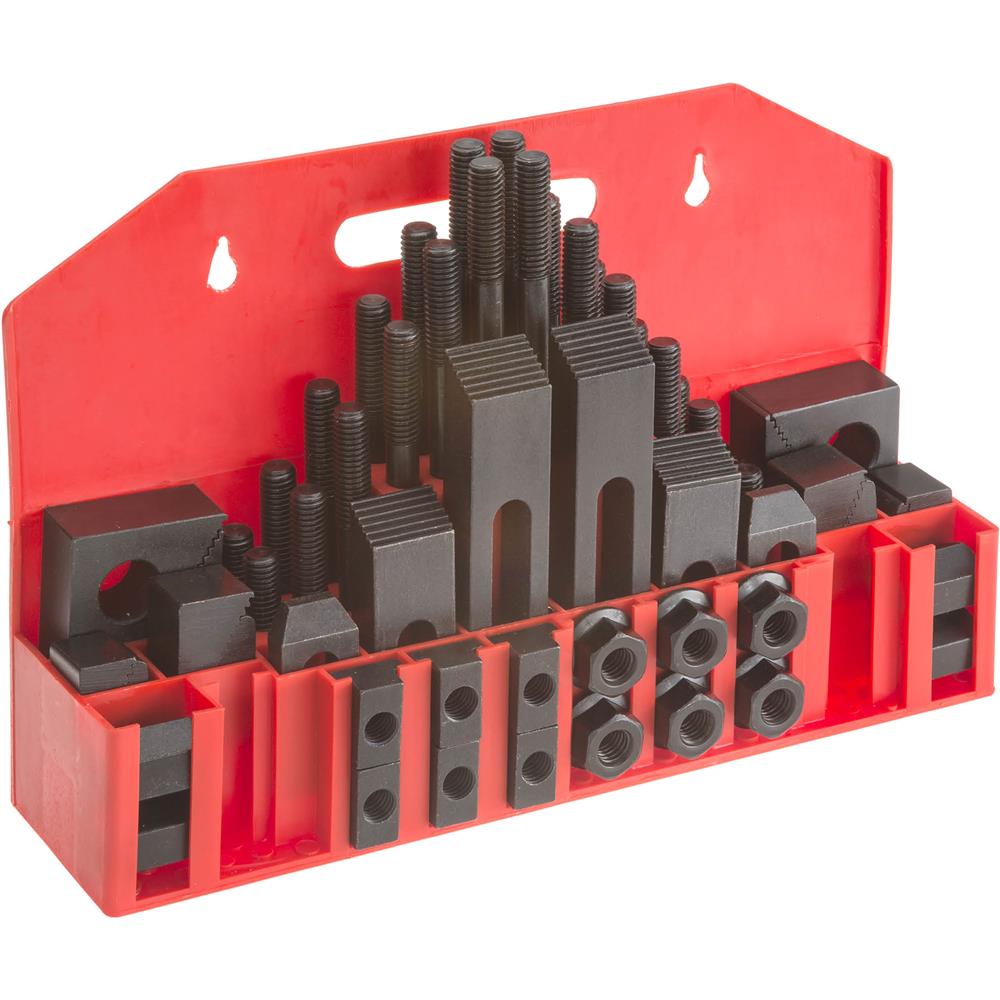 58pcs Clamping Kit With Metric & Inch Size
58pcs Clamping Kit With Metric & Inch Size -
 DIN333A HSS Center Drills With Milled & Fully Ground Flute
DIN333A HSS Center Drills With Milled & Fully Ground Flute -
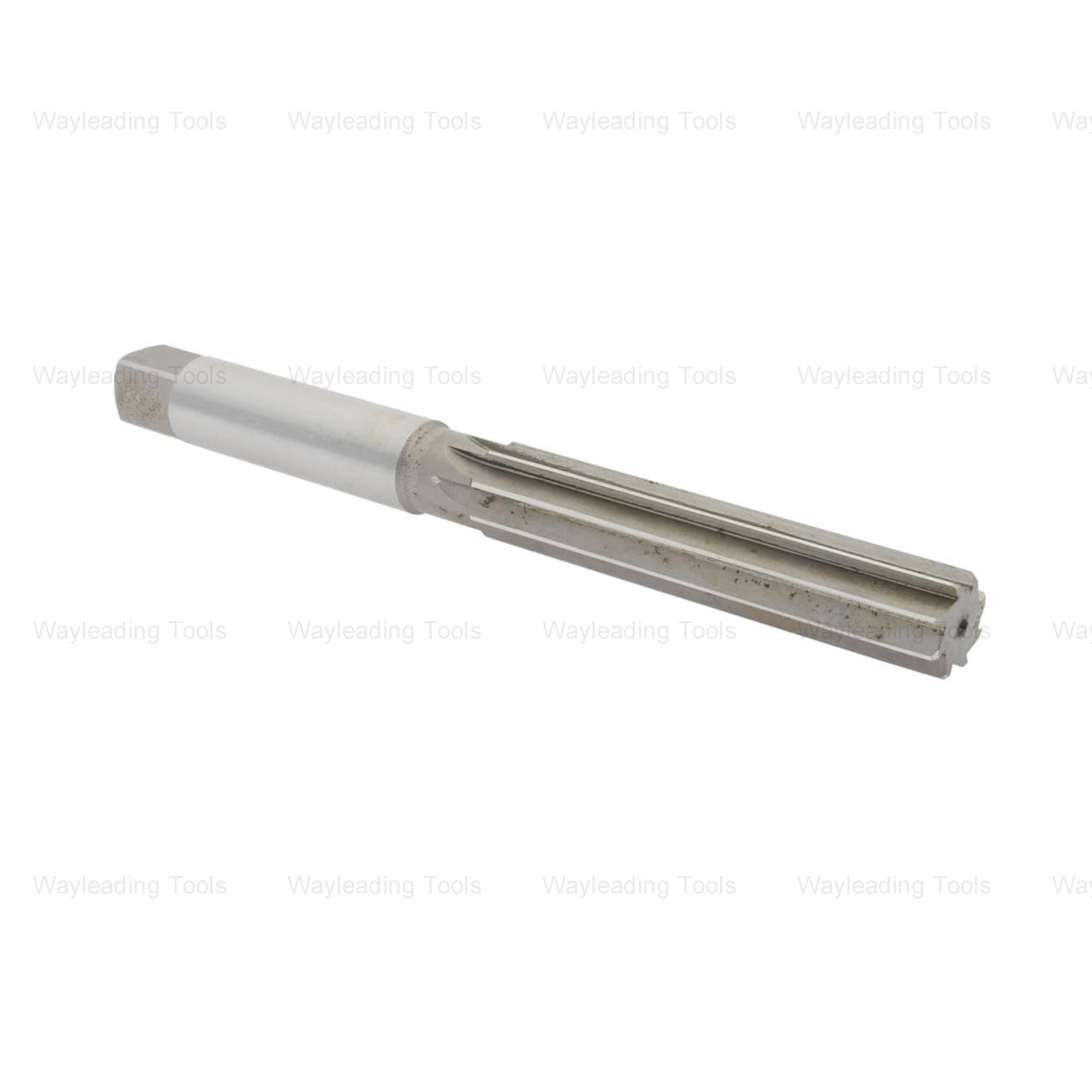 HSS Hand Reamers – Metric & Inch Sizes, Straight or Spiral Flutes
HSS Hand Reamers – Metric & Inch Sizes, Straight or Spiral Flutes -
 Precision Straight Shank To Morse Taper Adapter
Precision Straight Shank To Morse Taper Adapter -
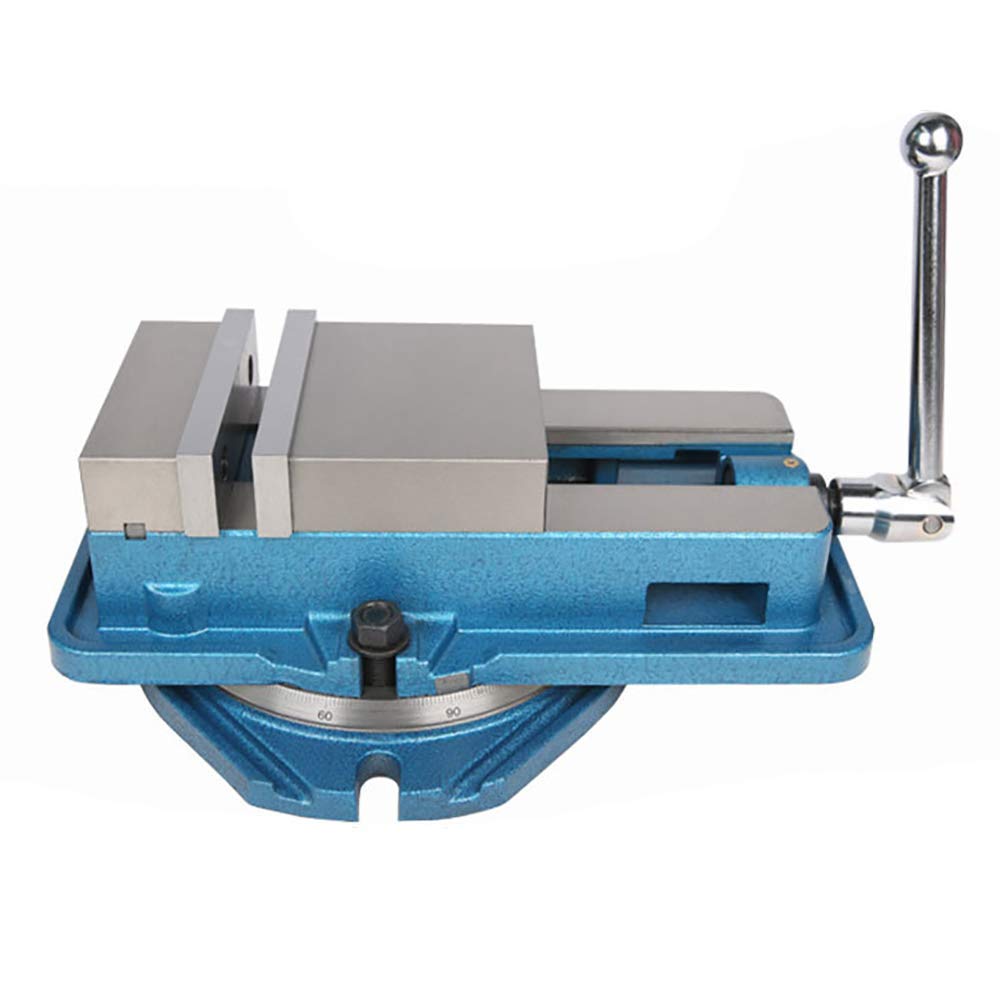 QM ACCU-Lock Precision Machine Vises With Swivel Base
QM ACCU-Lock Precision Machine Vises With Swivel Base -
 25PCS DIN338 HSS Twist Drill Bit Set From 1-13mm
25PCS DIN338 HSS Twist Drill Bit Set From 1-13mm -
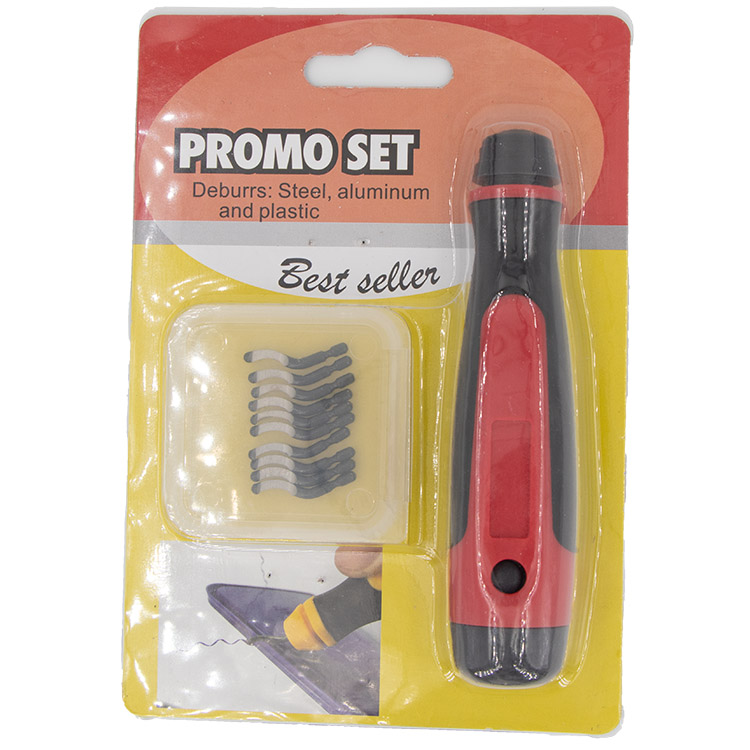 Type B Light Duty Deburring Tool Set With Deburring Holder And Deburring Blade
Type B Light Duty Deburring Tool Set With Deburring Holder And Deburring Blade -
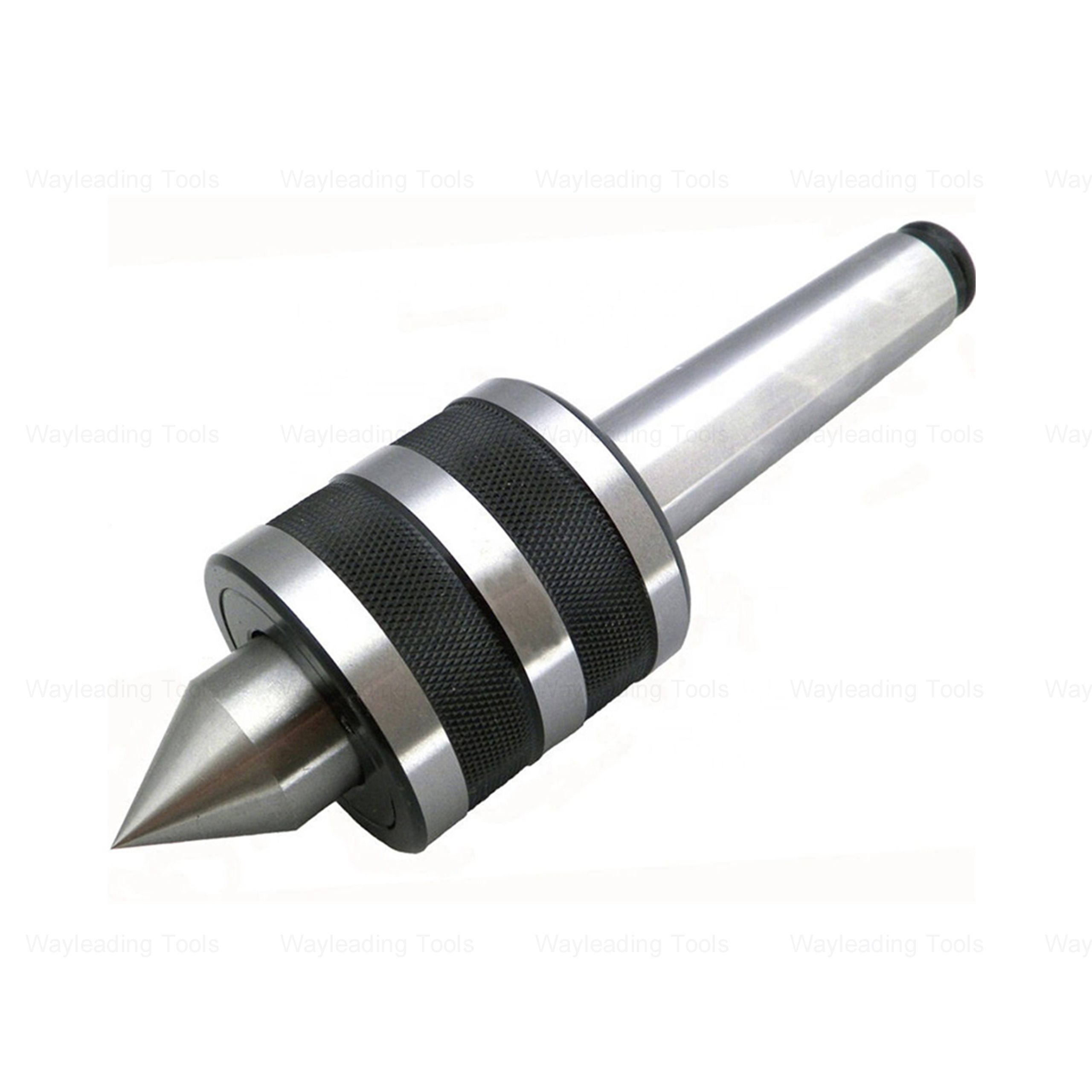 High Precision Medium-Duty Live Center – Hardened Tip, Morse Taper Shank
High Precision Medium-Duty Live Center – Hardened Tip, Morse Taper Shank -
 Precision IP67 Digital Caliper With Data Output For Industrial
Precision IP67 Digital Caliper With Data Output For Industrial -
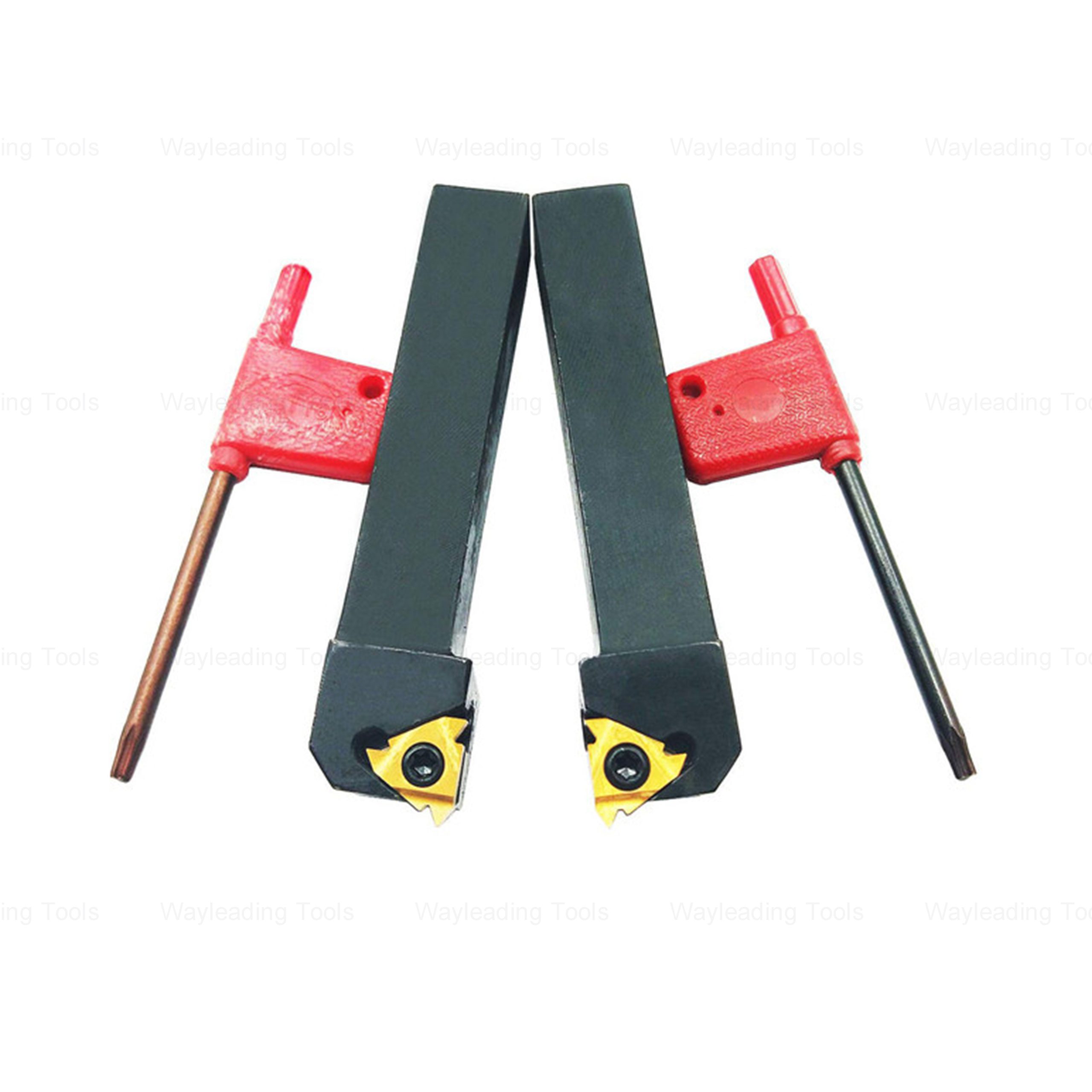 Indexable External Threading Tool Holder – SER / SEL, Metric & Inch
Indexable External Threading Tool Holder – SER / SEL, Metric & Inch -
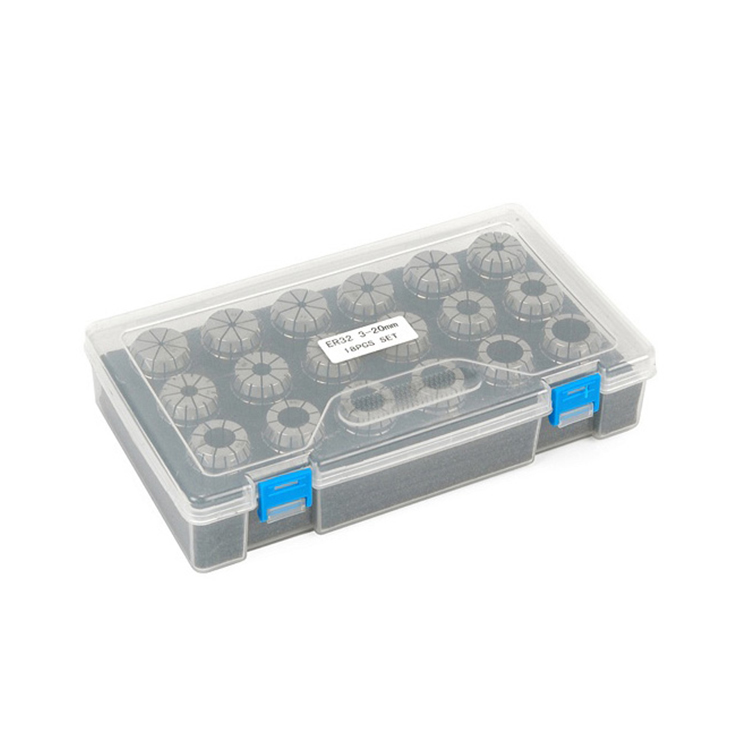 ER Collet Set With Hight Precision Milling
ER Collet Set With Hight Precision Milling -
 Parting & Grooving Tool Set With SLTB Blcok, NCIH Blades, GTN Inserts
Parting & Grooving Tool Set With SLTB Blcok, NCIH Blades, GTN Inserts











